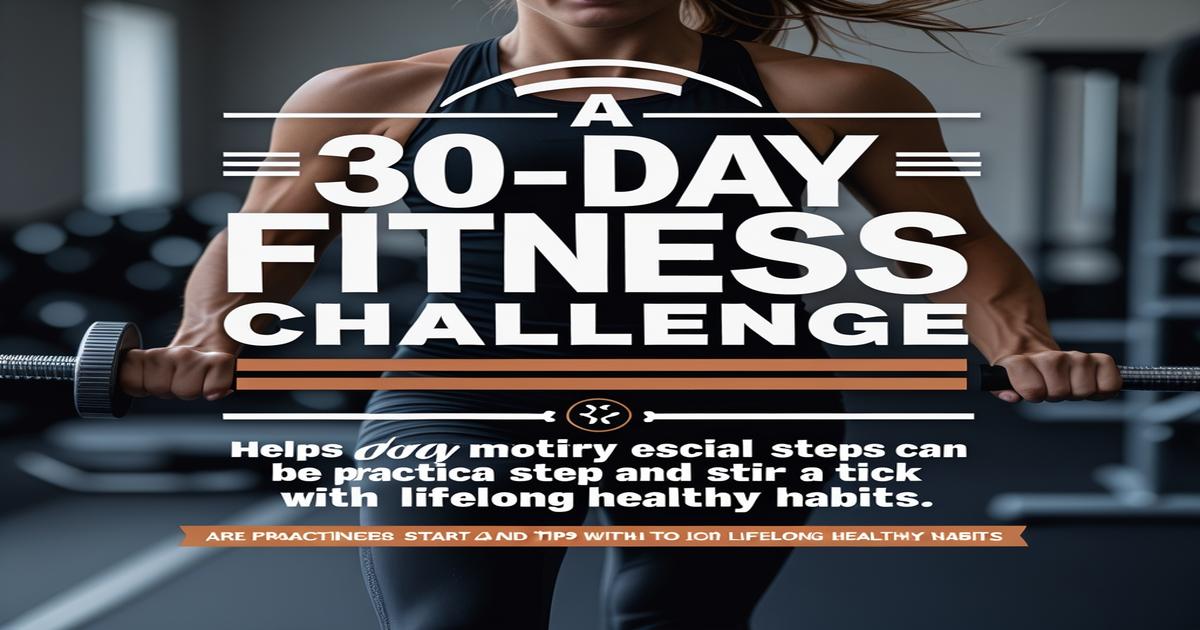Uncategorized
How Mindful Eating Transforms Your Weight Loss Journey: A Sustainable Approach

Uncategorized
Unlock the Power of Meal Prepping: The Ultimate Guide to Sustainable Weight Loss
Uncategorized
Transform Your Health with a 30-Day Fitness Challenge: Your Path to Sustainable Success
Uncategorized
Unlocking Sustainable Weight Loss: Simple Habits for Lasting Health
-

 Fashion8 years ago
Fashion8 years agoThese ’90s fashion trends are making a comeback in 2017
-

 Entertainment8 years ago
Entertainment8 years agoThe final 6 ‘Game of Thrones’ episodes might feel like a full season
-

 Fashion8 years ago
Fashion8 years agoAccording to Dior Couture, this taboo fashion accessory is back
-

 Entertainment8 years ago
Entertainment8 years agoThe old and New Edition cast comes together to perform
-

 Sports8 years ago
Sports8 years agoPhillies’ Aaron Altherr makes mind-boggling barehanded play
-

 Sports8 years ago
Sports8 years agoSteph Curry finally got the contract he deserves from the Warriors
-

 Entertainment8 years ago
Entertainment8 years agoDisney’s live-action Aladdin finally finds its stars
-

 Entertainment8 years ago
Entertainment8 years agoMod turns ‘Counter-Strike’ into a ‘Tekken’ clone with fighting chickens








